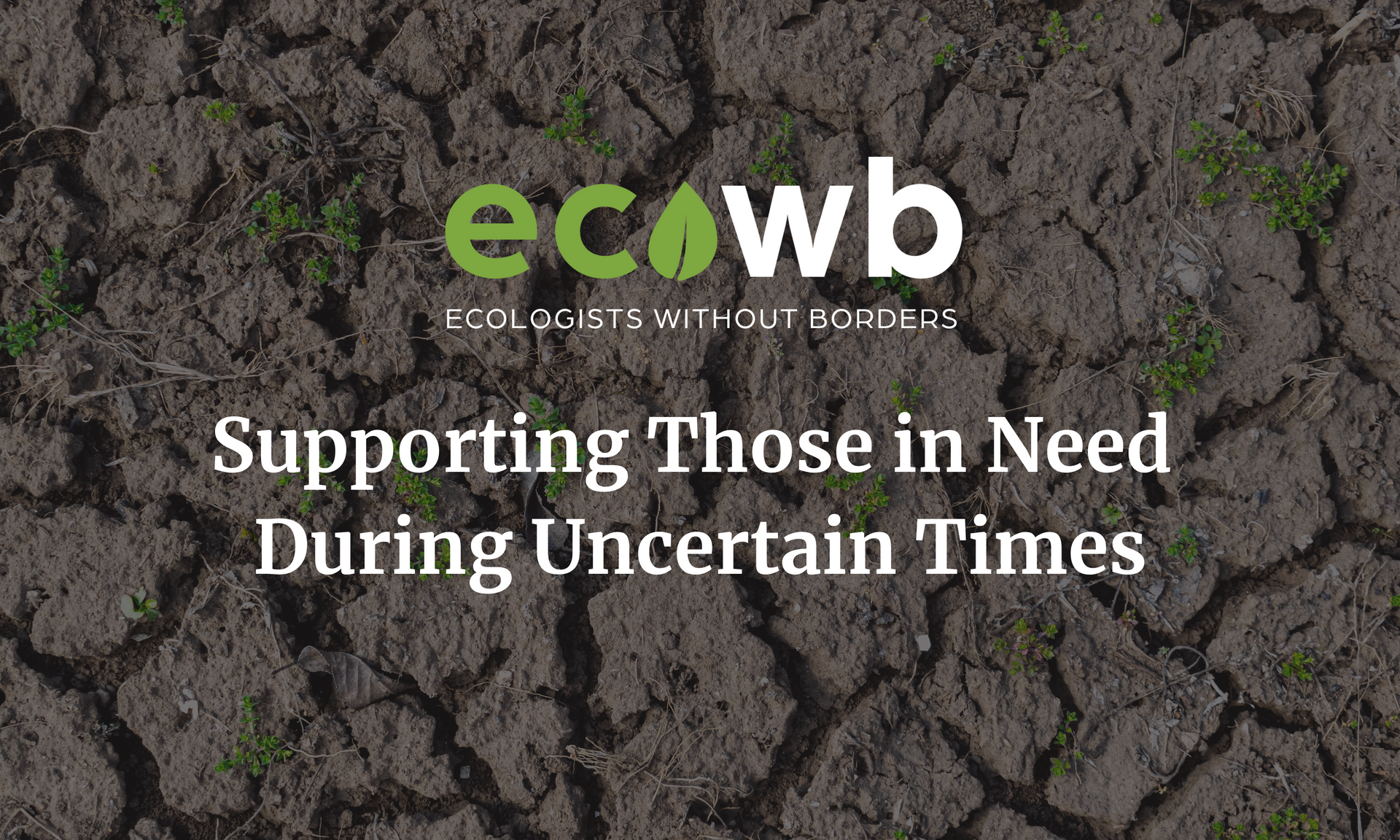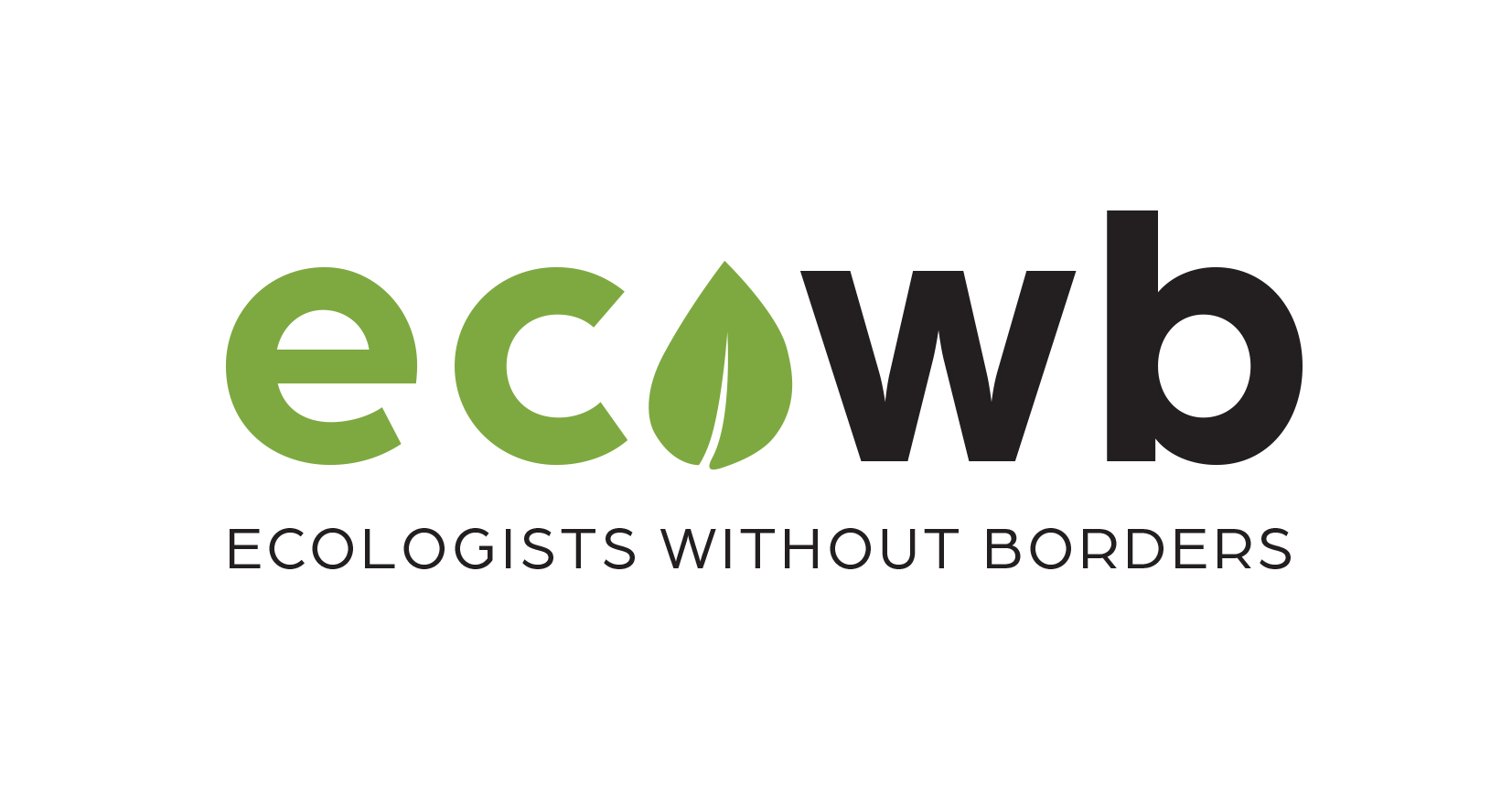In September 2021, Patrick Odhiambo and Ben Buhl of Ecologists Without Borders (EcoWB) toured the Nairobi Reservoir and Dam in Nairobi, the world-class capital of the Republic of Kenya in Africa. What Patrick, a seasoned environmental remediation specialist, and Ben, a widely traveled and accomplished photojournalist, observed was disturbing; trash including discarded plastic and other solid waste was being transported by wind and water to the reservoir where it has engulfed large areas adjacent to the surrounding informal settlement of Kibera. Home to over 350,000 people, Kibera is one of the largest such settlements in the world. With no land to spare, people have built homes and planted gardens around the entire perimeter of Nairobi Reservoir, trusting that they won’t be washed away by periodic flooding of the Nairobi River and its tributaries.
Severely polluted and overgrown by the pernicious and seemingly un-eradicable water hyacinth, a non-native aquatic weed originally found in the Amazon Basin, Nairobi Reservoir poses serious health risks to nearby residents. It is no longer suitable for agricultural, domestic, or recreational use. Left untreated, the ongoing inputs of municipal and industrial waste risk bringing disease, and further environmental degradation to the Kibera community. Something must be done soon to avoid further environmental and societal impacts to the residents of Kibera.
EcoWB is working with Empower the Community (ETCO), a youth-focused Community Based Organization (CBO), founded and headquartered in Kibera, and has reached out to other CBOs) and governmental entities to launch a large-scale project to restore the environmental integrity and associated beneficial uses of the of Nairobi Reservoir to their former condition.
During their visit in September 2021, Ben and Patrick, escorted by ETCO founder and Chairman Collince Onyango, met with officials at the Nairobi West Prison, located near the dam, and later, with the Kounkuey Design Initiative (KDI) and New Nairobi Dam Community group (NNDC), both long-active and influential CBOs based in Kibera. Together with ETCO, EcoWB has begun to formulate a vision and plan to engage sponsors and residents of Kibera in the rehabilitation of Nairobi Reservoir. Our first planned activity is modest but very symbolic; EcoWB and ETCO are partnering on a series of one-day community clean-up events. With the goal of removing trash, planting trees, and restoring the natural features of sections of reservoir and tributary shorelines, this initial partnership aims to engage local residents and instill civic pride through the restoration of clean and usable open spaces and associated environmental amenities.
So that you may help us address the many challenges faced by the Kibera community, we invite you to join us as a financial sponsor of the Nairobi Reservoir Restoration Project (NRRP). To familiarize yourself with the conditions that currently exist, and to help us develop a strategic plan to restore the reservoir to a semblance of its former state, please take time to view the following photo and video essay. We believe that by bearing witness to the problem, you will feel compelled to support this critical effort. If you would like to be notified of future volunteer opportunities related to this project, please register as a volunteer on our website at https://www.ecowb.org/ecowb-volunteers .
To support the project with a financial contribution, please visit
our donation page
and select “Project: Nairobi Reservoir Rehabilitation Project” from the drop-down menu. We appreciate your support.




